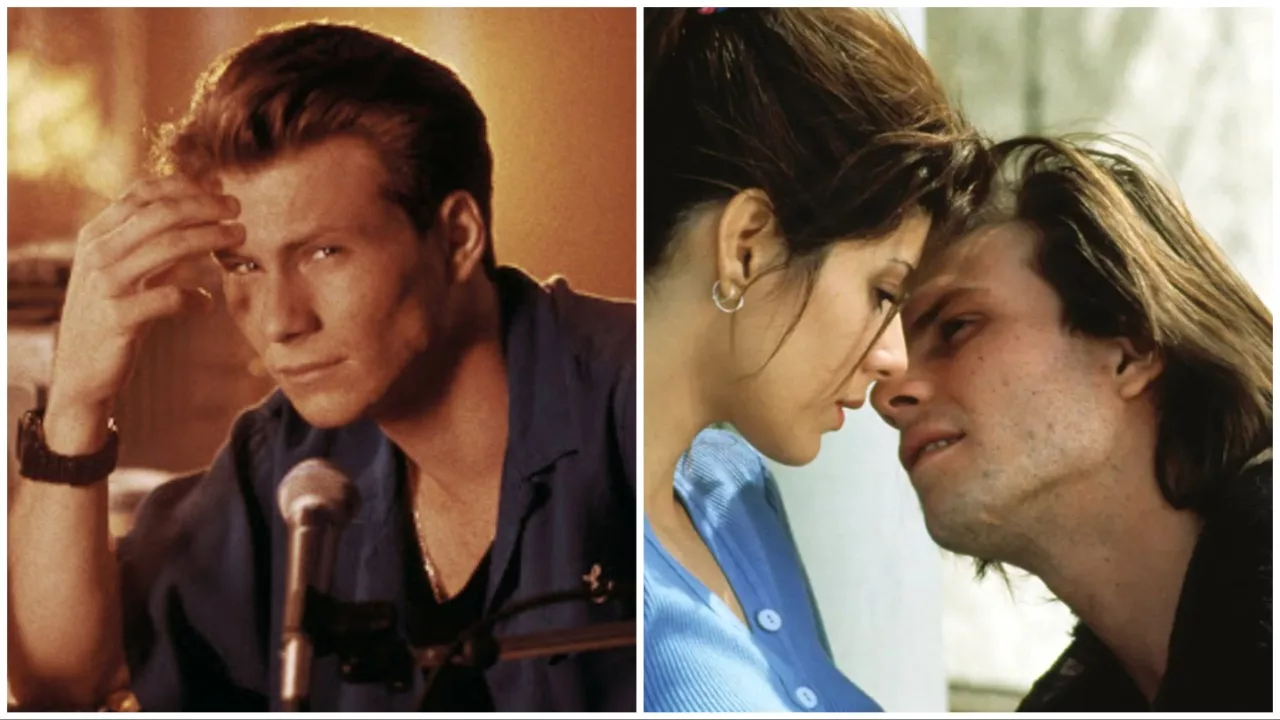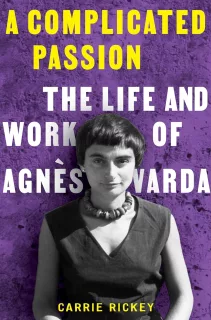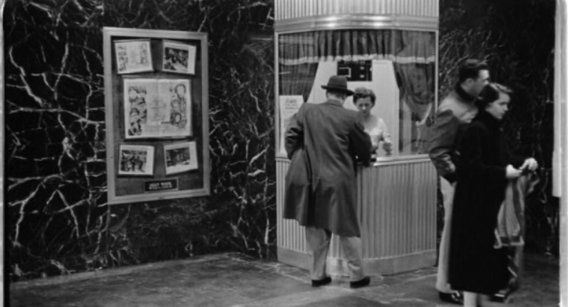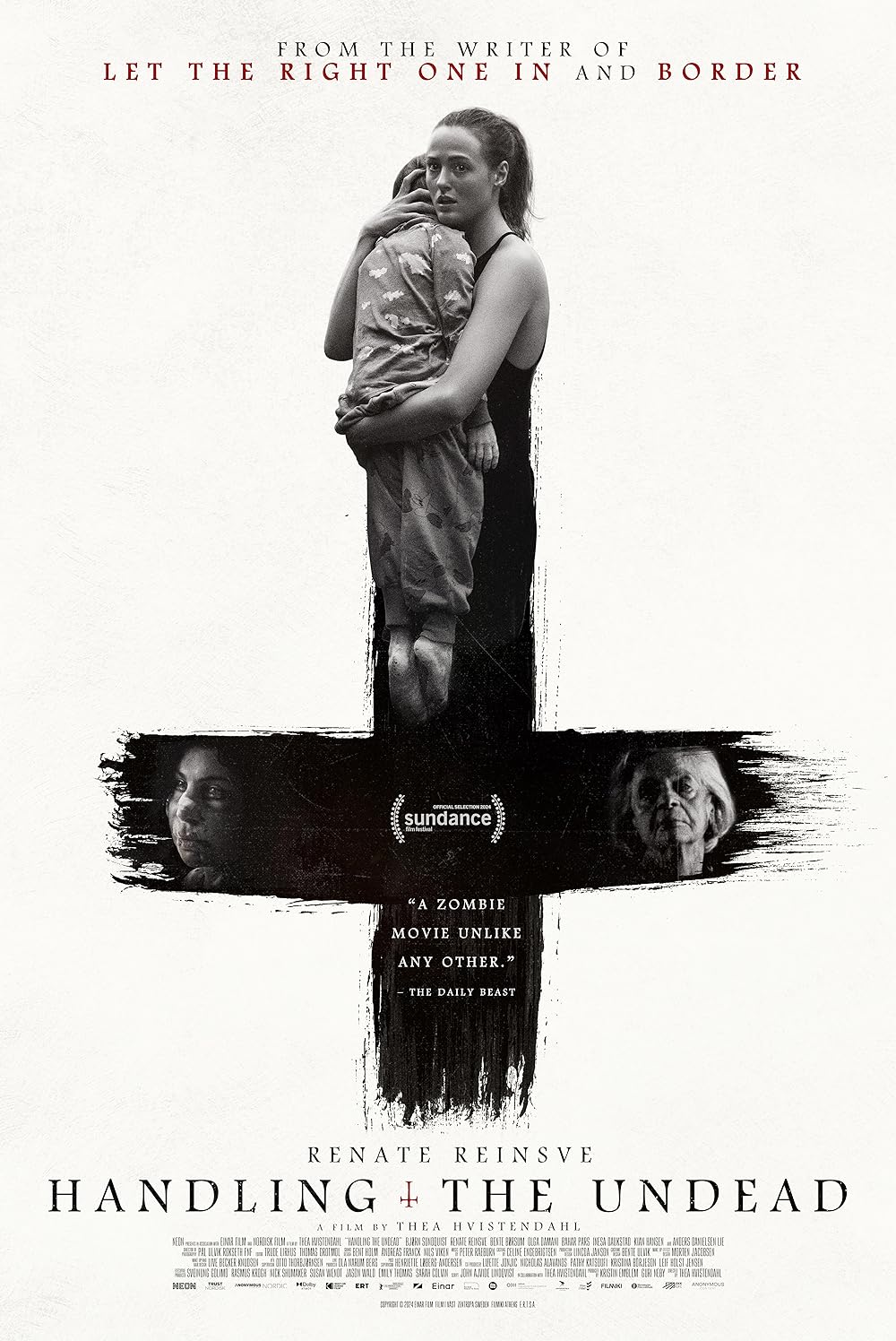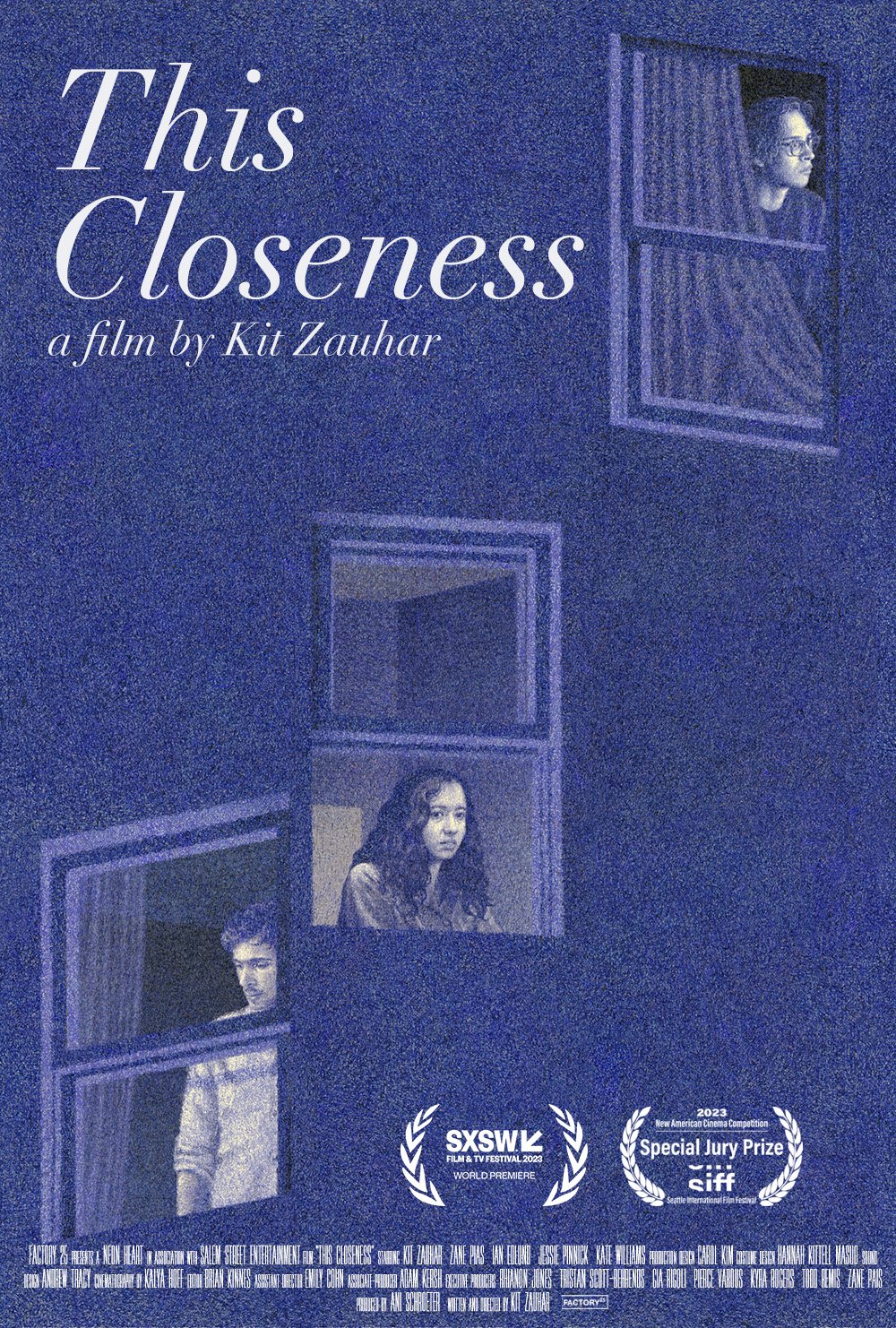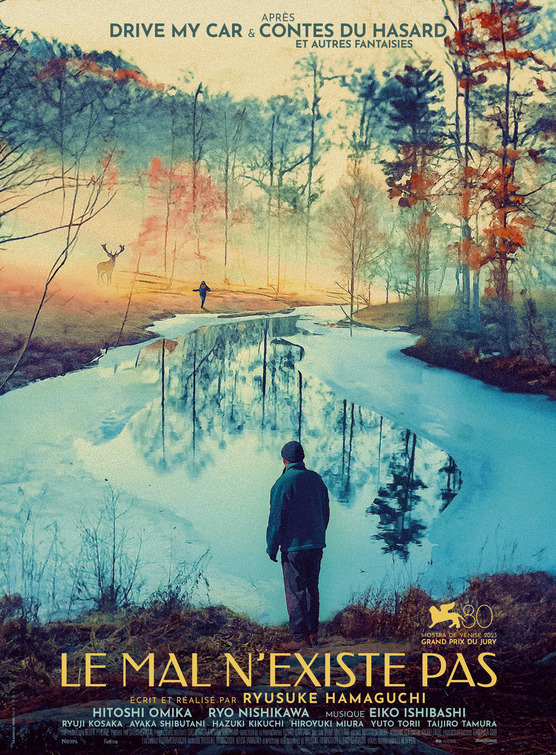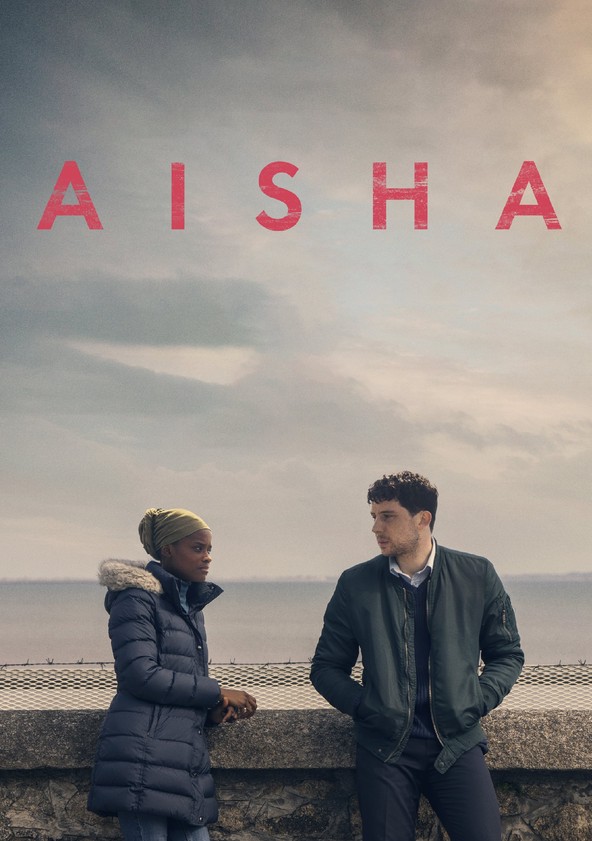Let’s paint a picture: You’re wandering through a local grocery store, and you hear a familiar tune softly playing through the old speaker system — it’s Kenny Loggins’ anthem “Danger Zone.” The sounds of the store fade away, and you’re back to the moment you first heard the song in Tony Scott’s “Top Gun.” You can remember sitting in the darkened theater, popcorn and soda in hand, as the jets practically fly off the screen. It’s only one example of how music and movies can intertwine to make for a more powerful memory.
When Mack Bates and Michael Viers first met, they bonded over a mutual love of Matthew Robbins’ “The Legend of Billie Jean” and its hit song “Invincible” by Pat Benatar. Bates, an award-winning journalist, former freelance critic for the Milwaukee Journal Sentinel, and contributor to this site’s Black Writer Week, found a kindred soul in Viers, the producer/host of the podcast “Shame List Picture Show.” They understood that music is an essential part of the cinematic experience, a lifeline for discovering new music.
Music in film shapes our tastes, and we both wanted to share one film apiece that influenced our musical interests. As coincidence would have it, both films feature Christian Slater.
Michael Viers on “Pump Up the Volume” (1990)
I knew whatever I chose had to be something that spoke to what music I still like today, and one filmmaker immediately came to mind: Allan Moyle. While he may not be a household name, his movies — particularly “Pump Up the Volume” and “Empire Records” — have left a lasting impression on me and the music in constant rotation on my turntable. I had seen these two movies so close to each other that it’s impossible to pinpoint which I had seen first. For the sake of this discussion, let’s say it was “Pump Up the Volume.”
It’s hard to imagine what my musical tastes would be without this film. I saw it during that exciting transitional period between middle school and high school, which was a time when I was still trying to find myself and figure out who I was and what I liked. My exposure to music was pretty much what came on the radio or what my parents liked. At this point, I only owned three CDs — Eiffel 65’s Europop, A*Teens’ ABBA tribute record (thanks, Mom), and Weird Al’s Running With Scissors.
I was very uncool, so it’s not a shocker that a film with as distinct a voice as “Pump Up the Volume” spoke to me so profoundly. Christian Slater plays Mark, a shy and overlooked kid navigating a new school. Despite his lack of a social life, he finds his voice by launching a pirate radio show under the alias “Happy Harry Hard-on,” where he finds his confidence and his voice.
Reflecting on my own music preferences, I can trace a direct line back to this film. The opening credits feature Leonard Cohen’s haunting baritone as he belts out “Everybody Knows,” a powerful anthem that serves as a mirror to the darker aspects of society (covered well on the soundtrack album by Concrete Blonde). The song’s lyrics serve as an overture for the film’s themes of disillusionment, individuality, and the angst felt by its teenage characters. The song is woven into the film so that I can’t hear it without picturing Christian Slater in his dimly lit basement, passionately ranting into his microphone for all to hear.
“Pump Up the Volume” introduced me to a host of influential artists besides Leonard Cohen. Names such as Richard Hell (“Love Comes in Spurts”), Bad Brains (“Kick Out The Jams”), Descendants (“WeinerSchnitzel”), Sonic Youth (“Titanium Expose”), Ice-T (“Girls L.G.B.N.A.F.”), and the Beastie Boys (“Scenario”). Many of these musicians still dominate my playlists, and my love for loud, fast music infused with raw emotion can be linked to Allan Moyle and the soundtracks he creates.
However, the unforgettable needle drops aren’t the only auditory experience I responded to in “Pump Up the Volume”. The score, composed by Cliff Martinez, features electronic soundscapes that would later shape films such as “Spring Breakers,” “The Limey,” and “Drive.” Martinez is one of my favorite working composers, and my deep appreciation for electronic film scores likely has its roots in this under-appreciated gem.
Mack Bates on “Untamed Heart” (1993)
Music has been a staple in my life for as long as I can remember, from TV theme songs and commercial jingles as a kid to homemade mixtapes in the ‘90s as a teenager. And like countless others, I took full advantage of all those “free” mail-order music clubs, like Columbia House.
My musical tastes were pretty eclectic. Still are. If it sounds good, I give it a whirl. The artist and genre don’t necessarily matter all that much. Though, like most people, I do have my go-to favorites.
At the same time that I wanted my MTV in the ‘80s and ‘90s, I was also a movie-obsessed teenager who practically lived at the multiplex. The movie theater was my home away from home. I’d go see anything that piqued my interest. I routinely watched coming attraction trailers before the main event got underway. Not only did it help me to stay on top of what was coming down the pike, but it also helped me decide which films were a priority to see on the big screen.
The first time I saw the trailer for director Tony Bill’s 1993 romantic tearjerker “Untamed Heart,” starring Christian Slater, Marisa Tomei, and Rosie Perez, it intrigued me in a way I had never experienced before. Usually, a film’s premise, cast, director, or a combination of those things grabs my attention and prompts me to want to see it.
In the case of “Untamed Heart,” it was the absolute banger that played during the film’s trailer: DNA’s still-ingenious, club-infused remix of Suzanne Vega’s “Tom’s Diner,” a bona fide earworm if there ever was one.
Thanks to MTV, I was somewhat familiar with folk singer Suzanne Vega’s work, namely her hit single “Luka,” featured on her sophomore studio album, Solitude Standing (1987). That album also featured the original acapella version of “Tom’s Diner.”
It was the first time I had ever heard the remix in all its glory, booming through the theater’s speakers. I was instantly hooked. That beat was as smooth as fresh-churned butter, and I wanted more.
It hipped me to the artistry of a well-constructed remix, which artists like Mariah Carey and SWV, to name a few, certainly helped to cement as a legitimate art form in the years that followed. It also turned me onto electronica, where I would later discover artists like Bonobo, Deep Forest, and Philip Glass.
“Untamed Heart” is about an aimless young waitress named Caroline (Tomei) who’s perpetually unlucky in love. That is, until Adam (Slater), an awkward, shy busboy who’s secretly in love with her, comes to her rescue one fateful night after work. Soon afterward, the requisite sparks fly, culminating in an entertaining melodrama armed with a charming romance at its center.
Upon breaking the news of her budding workplace romance to her best friend and fellow waitress Cindy (Perez), who instinctively questions her about the “why” of it all, Caroline delivers a zinger for the ages: “He doesn’t make sense. I don’t make sense. Together, we make sense.”
DNA’s remix of “Tom’s Diner” is put to exceptionally good use near the top of the film during a musical montage when Tomei’s character, Caroline, literally comes running into the picture. She’s hurrying home from work in order to prepare for a night out with her boyfriend. It’s clear that Caroline’s a woman on a mission with little time to spare. As soon as she hits the front door, she bolts upstairs and readies herself in a flurry of manic activity. You’re in Caroline’s corner, rooting for her right out of the gate.
It still ranks as one of the most inventive introductions to a film character I’ve seen to date.
DNA’s remix of Suzanne Vega’s “Tom’s Diner” is so intrinsically linked to “Untamed Heart” that I can’t help but think of it whenever I hear the song. Thirty-one years later, it remains the only song featured in a film’s trailer to inspire me to go see a film.
The film’s soundtrack features a mix of standards and contemporary fare by the likes of Brook Benton (“This Time Of The Year“), Nat King Cole (“Nature Boy“), and Los Lobos (“Try Me”), among others. Cole’s beautifully melancholy song plays during the end credits; the pitch-perfect capper for such a bittersweet love story.
Ever hear the old adage about music being “the soundtrack of our lives?”
I was a child when I first heard somebody famous say that. Perhaps it was Dick Clark or Casey Kasem. Both men were wildly popular and influential disc jockeys with huge radio & TV audiences at the time. I didn’t have the life experience then to know what that meant.
What I came to realize was that music isn’t just a form of entertainment; it can serve as a tangible reminder of an experience or a cherished memory. It can instantly transport you back to another time and place. The power of music is infinite.
